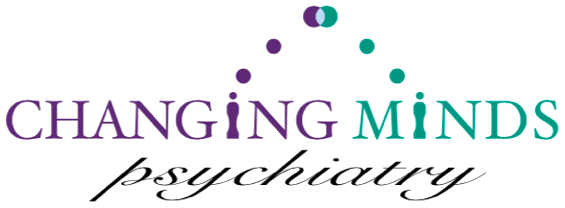PHQ9 Screening Policy
Purpose
This policy outlines the standardized use of the Patient Health Questionnaire-9 (PHQ-9) as a clinical tool for identifying, assessing, and monitoring depression symptoms among patients at Changing Minds Psychiatry (CMP). Consistent use of this screening tool enhances the quality of patient care and ensures early detection and ongoing evaluation of depressive symptoms.
Policy Statement
Changing Minds Psychiatry is committed to the early identification and ongoing assessment of depression symptoms in all patients. The PHQ-9 is a validated screening tool that aids in diagnosing depression, measuring its severity, and monitoring treatment outcomes. This policy establishes guidelines for when and how the PHQ-9 will be administered.
Scope
This policy applies to all clinical staff at CMP who are responsible for patient intake, assessment, and ongoing treatment planning.
Procedure
Initial Screening:
All new patients will complete the PHQ-9 at or before their first appointment with CMP, regardless of presenting complaint or diagnosis.
Patients Diagnosed with Depression or Bipolar Disorder:
Patients with a diagnosis of Major Depressive Disorder or Bipolar Disorder (any type) must complete the PHQ-9 every six (6) months, starting from the date of diagnosis or the most recent positive screen.
Patients Without a Diagnosis of Depression or Bipolar Disorder:
Patients without a diagnosis of depression or bipolar disorder will complete the PHQ-9 annually, starting one year after their initial screening.
Documentation:
All PHQ-9 scores must be documented in the patient’s electronic medical record (EMR) and reviewed by the treating provider to inform clinical decision-making and care planning. This is usually found on the triage tab but may be inserted in different areas of the patient’s chart.
Clinical Response:
Providers are responsible for reviewing scores and promptly addressing any elevated or concerning responses. Scores indicating moderate to severe depression or thoughts of self-harm should prompt a follow-up evaluation and potential modification to the treatment plan
References
American Psychiatric Association: Practice Guidelines for the Treatment of Patients with Major Depressive Disorder.

